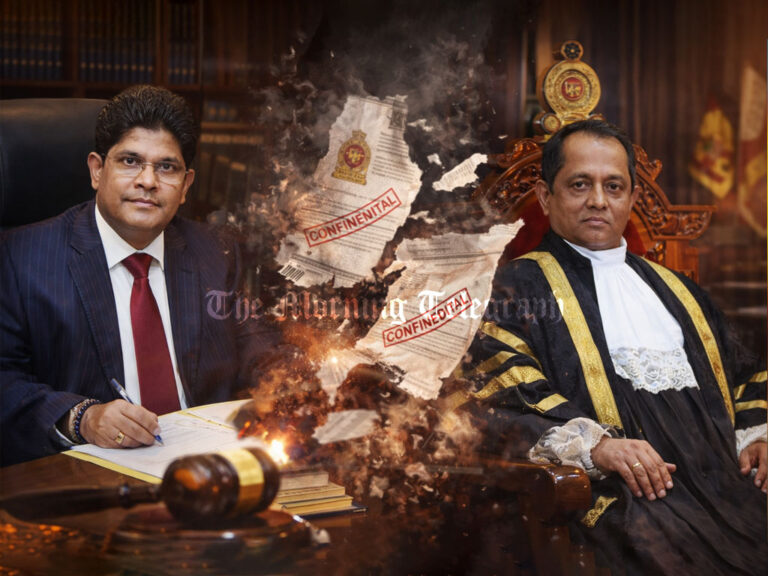
TEL AVIV, Israel (September 3, 2024) — A wave of grief and outrage has swept across Israel following the tragic deaths of six hostages killed by their captors in Gaza. This weekend’s devastating news sparked unprecedented mass protests and a general strike, marking the most significant domestic pressure on Prime Minister Benjamin Netanyahu since the onset of the conflict nearly 11 months ago.
The demonstrations, which saw hundreds of thousands take to the streets of Tel Aviv, reflect widespread anger at Netanyahu’s handling of the hostage crisis. Many Israelis accuse him of prioritizing his political survival over the lives of the captives and are demanding a cease-fire agreement to secure the release of the remaining approximately 100 hostages.
Netanyahu’s political survival is heavily reliant on support from two ultranationalist parties led by Finance Minister Bezalel Smotrich and National Security Minister Itamar Ben-Gvir. These allies oppose any cease-fire that involves releasing Palestinian prisoners or compromising Israel’s military stance, threatening to topple Netanyahu’s government if such a deal is pursued.
Despite intense international pressure, including criticism from U.S. President Joe Biden, Netanyahu remains steadfast in his approach. He insists that the military operations in Gaza are essential for achieving a favorable deal and has rejected demands to withdraw from key territories in Gaza.
The ongoing protests and strike reflect a deepening divide within Israeli society. While liberal and secular communities have shown strong support for a hostage deal, other areas with more conservative populations have not joined the demonstrations, leading to a fragmented response.
Political analysts suggest that without a sustained, broad-based movement across different segments of Israeli society, Netanyahu may continue to resist calls for a cease-fire. However, the recent protests, especially in the wake of the hostages’ deaths, could potentially be a pivotal moment in the ongoing negotiations, pushing the government to reconsider its position.
Relatives of the deceased hostages, including Hersh Goldberg-Polin, hope that the public outcry will force a breakthrough in negotiations. “Maybe, just maybe, your death is the stone, the fuel, that will bring home the remaining hostages,” said Goldberg-Polin’s father during a eulogy, reflecting the emotional intensity and hope driving the current wave of protests.




